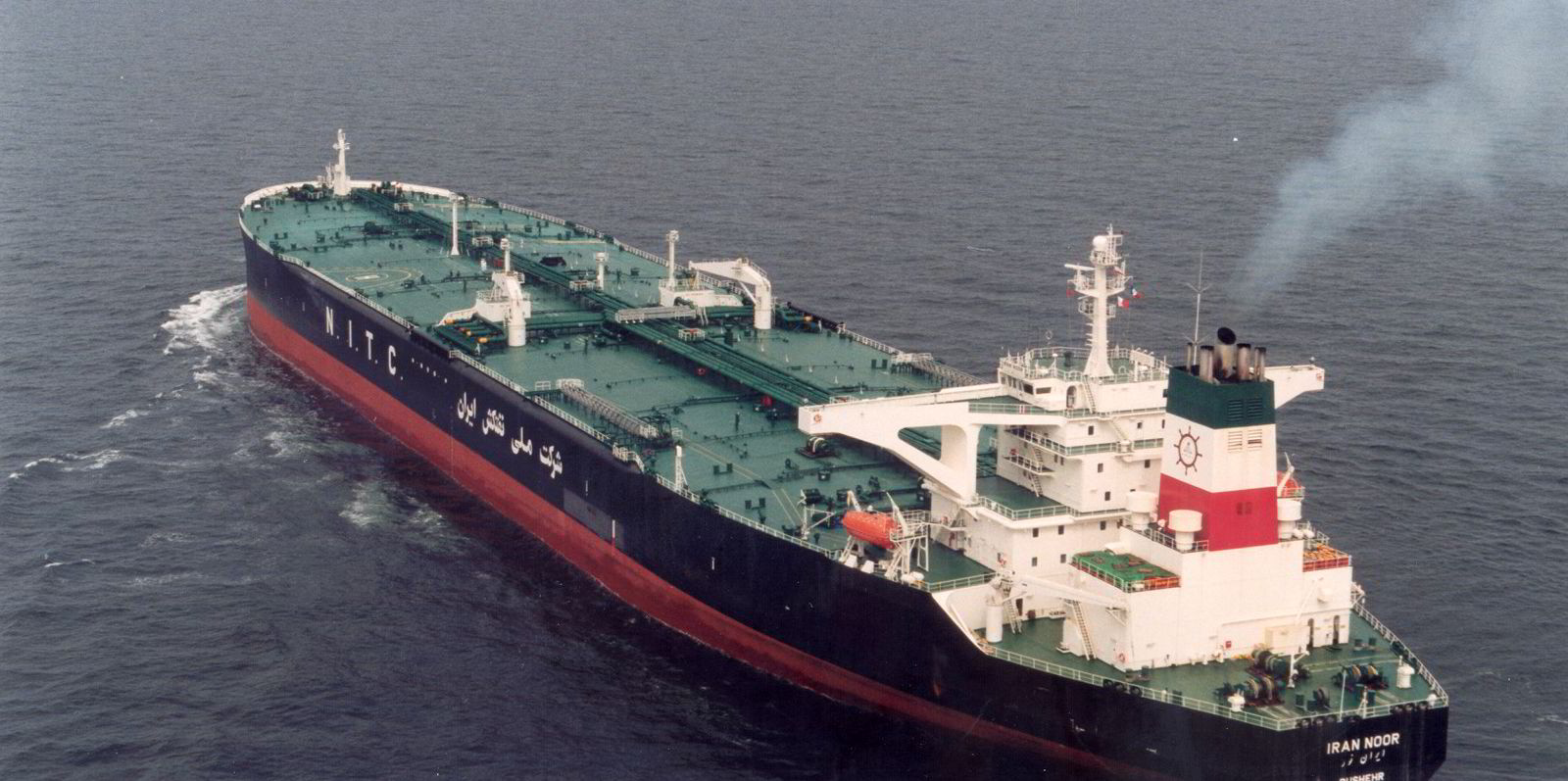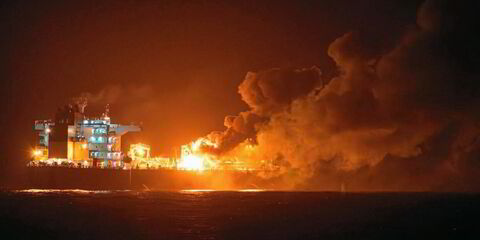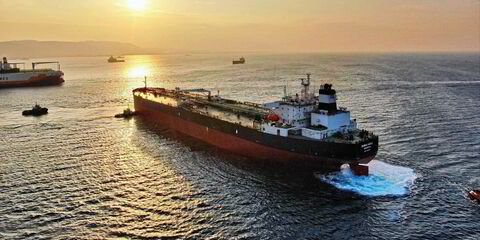Europe’s energy crisis could ease if a deal is finally struck to allow Iran to re-start exporting its vast oil reserves to global markets, according to analysts.
Talks that would ease sanctions on Iran in return for closer scrutiny of its nuclear programme have inched towards a settlement with French President Emmanuel Macron claiming on Thursday that a deal could be done within days.
Any agreement to resume the 2015 deal would allow Iran to raise vital funds through its main export, oil, and fill the gap when Europe’s ban on Russian crude comes into force in December, said OANDA market analyst Craig Erlam.
“We may not see an immediate diversion of trade but Iran can reportedly quickly ramp up output and has massive reserves which could alleviate some of the pressure on Europe in the months ahead,” he said.
Iran sent its latest response to negotiations on Friday with undisclosed demands that were criticised by the US government.
After months of indirect negotiations, efforts to resume the deal are reaching the endgame with the EU, which is brokering the talks, insisting the current offer is the last one on the table.
“We are studying it and will respond through the EU, but unfortunately it is not constructive,” said the US State Department, but gave no further details.
Tehran’s response came as G7 finance ministers discussed a price cap on Russia’s oil exports, which could further reduce global oil supply.
Shadow fleet
Iran and Russia, both under international sanctions, have competed to sell cut-price crude to Asian markets after being cut off from other key markets.
The trade has involved a “shadow” fleet of ageing tankers that have taken advantage of the higher rates on offer to shift sanctioned oil.
Analysts are divided on the impact on tanker rates if Iran returns to unsanctioned trading, with the extra oil being shipped weighed against likely shorter voyages and the return of Iran’s sizeable VLCC fleet to the market.
Erlam said a deal on Iran could send the price of oil lower — but any lasting impact depends on decisions by Opec+ countries when they meet on Monday and discuss potential production cuts.
Brent crude prices were nearly 3% in trading on Friday at $95.06 a barrel after falling from a 13-year high of more than $120 in March because of supply concerns following Russia’s invasion of Ukraine.(Copyright)




